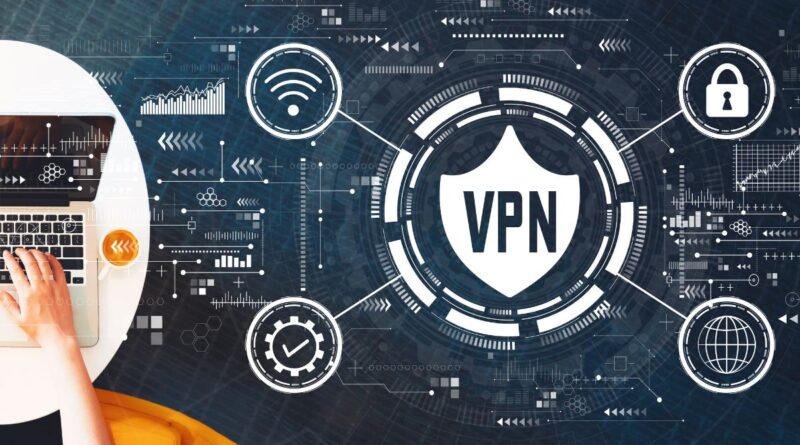A VPN (Virtual Private Network) is your digital shield in the vast world of the internet. It creates a secure, encrypted tunnel between your device and the internet, making your online activities private and secure. Think of it as a secret passage that protects your data from prying eyes while allowing you to access the internet from virtually anywhere in the world. Let me explain how it works and show you why it has become an essential tool for millions of internet users worldwide.
Spis treści:
What is a VPN and How Does It Work?
When you connect to a VPN, you create a secure, encrypted tunnel between your device and a VPN server. All your internet traffic flows through this tunnel, making it invisible to anyone who might try to intercept it. Your internet service provider, hackers, or other third parties can’t see what websites you visit or what data you transmit. Moreover, websites you visit will see the VPN server’s location and IP address instead of yours, providing an additional layer of privacy and allowing you to bypass geographical restrictions.
Common Uses for VPN
The most common use for a VPN is protecting your privacy while using public Wi-Fi networks. When you connect to public Wi-Fi at a coffee shop, airport, or hotel, your data becomes vulnerable to cybercriminals. A VPN encrypts your connection, ensuring your sensitive information – like passwords, credit card numbers, and personal messages – remains secure. Another popular use is accessing geo-restricted content. For example, you might want to watch your favorite streaming service while traveling abroad or access websites that are blocked in your country.
Benefits of Using a VPN
Beyond basic privacy and security, VPNs offer several additional benefits. They can help you avoid bandwidth throttling, where your internet service provider deliberately slows down certain types of traffic. VPNs also enable secure remote work by allowing employees to safely access company networks from anywhere. For online shoppers, VPNs can sometimes help find better deals by showing prices from different regions. Additionally, journalists and activists in restrictive countries often use VPNs to safely communicate and access uncensored information.
Important Considerations
While VPNs provide excellent protection, they’re not a complete security solution. They won’t protect you from downloading malicious files or clicking on phishing links. It’s important to choose a reputable VPN provider that doesn’t log your activity and offers strong encryption. Remember that using a VPN might slightly slow down your internet connection due to the encryption process and the distance to the VPN server. Also, some websites and services might detect and block VPN connections as a security measure.
Conclusion
A VPN is a powerful tool for protecting your online privacy and security, accessing geo-restricted content, and maintaining anonymity online. While it’s not a complete security solution, it’s an essential part of a comprehensive approach to online safety. As the internet becomes increasingly integral to our daily lives, understanding and using tools like VPNs becomes more important for protecting our digital presence.
